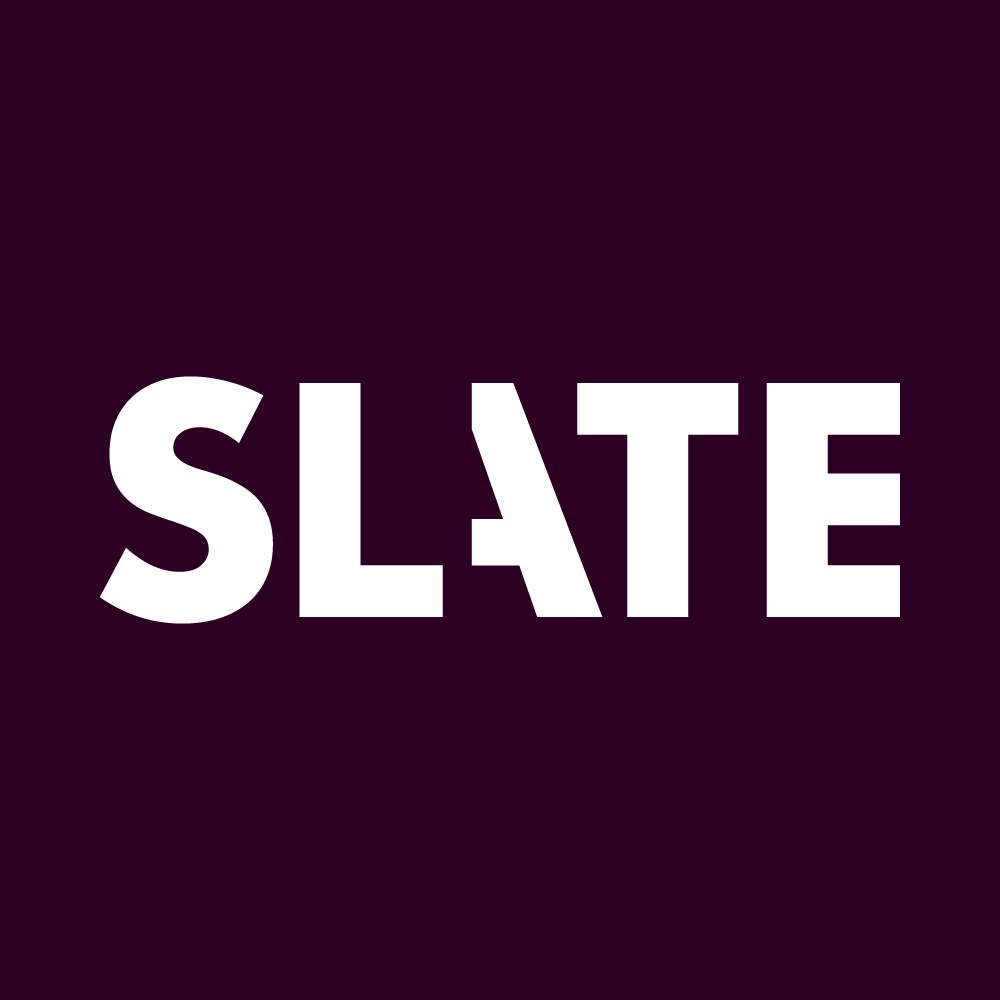If there is one thing the boosters and cynics agree on about artificial intelligence, it’s that the tech is coming for white-collar jobs. One obvious target of text-generating tools like ChatGPT? Journalism. This is not speculation of a far-off future—it’s happening now.
It makes sense, from a cold business perspective, that text-based media would want to adopt A.I. in order to cut costs (humans, expensive) and speed up output (humans, slow). Just look at how BuzzFeed’s rock-bottom stock value jumped when it said last month that the site would use services from buzzy startup OpenAI to spiff up the site’s famed quizzes. As Damon Beres wrote in the Atlantic shortly after the announcement: “The bleak future of media is human-owned websites profiting from automated banner ads placed on bot-written content, crawled by search-engine bots, and occasionally served to bot visitors...”
For such reasons, David Karpf, a George Washington University associate media professor who’s written about A.I. for years, doesn’t think journalism should count on Google’s dominance and purported idealism to aid the sector in staving off the business threats posed by ChatGPT-like tools. In an interview, he pointed to a prior example of an online upstart that threatened virtual publishing as we know it: Demand Media, the content-farms juggernaut whose potency was killed off when Google adjusted its algorithm to halt referrals to its properties. “I look at what CNET’s doing, and it feels so much like the Demand Media SEO-bait articles that they were trying to do as cheaply as possible,” said Karpf. “If the way that we imperfectly saved news a decade ago was the benevolence of the platform monopolist,” which began sifting out low-quality articles, “I’m not sure we can have faith in that this time, because the platform monopolist might also be the one who’s producing those tools.” After all, Google famously invented the “T” in ChatGPT: the Transformer, a neural network for automated language learning and processing. That very tech is what enabled OpenAI to present a competitive threat to Google when it comes to quick information reference.
You can read the full artticle on Slate's website.


